The novel coronavirus has impacted the work-life and earning of everyone adversely. If we were to look at the music industry, independent artists and performing artists have suffered the most. However, now we all have accepted the situation and are continually working towards finding ways to survive in this pandemic. The good news is that most probably the pubs will open soon in October. This means that live shows will resume soon and the bands would be able to sing again in front of the audience. So, there are some essential things to take care of during COVID.
However, we must also not forget that COVID-19 is still spreading, in fact, spreading at a lightning speed. The cases are multiplying and so even when things are resuming back to normal, we must stay cautious and take all the necessary precautions to protect ourselves and those around us.
So, in this blog, we are going to share the 5 most important things to take care of during COVID specifically for musicians, as you cannot avoid public gatherings. Let’s begin!
1. General Guidelines
Following general guidelines is essential to ensure safety during the pandemic. Here are some key points:
- Virtual Events or Limited Attendance: Try to do more virtual events or limit the number of attendees when performing live. Platforms like Zoom, YouTube Live, and Facebook Live can help you reach your audience without physical contact.
- Open Areas for Performances: Prefer open areas to do live performances instead of closed spaces. For instance, choose an open roof setting. This helps in better ventilation and reduces the risk of virus transmission.
- Health Checks: Make sure you do not allow anyone even mildly unwell in the band to join you or even any attendee for that matter. Implementing temperature checks and health questionnaires can help in early detection of symptoms.
- Physical Distancing Measures: To promote and maintain physical distancing between performers, organizers, and the audience present, several things can be done. You can create barriers and disinfect after every use. The music volume should be low enough to prevent people from getting close to each other to talk when the performance is going on.
- Mask Wearing: The performers should wear non-medical masks if they cannot maintain distance from each other while performing. Masks can significantly reduce the spread of respiratory droplets.
2. Disinfecting Instruments
Equipment, instruments, and uniforms should not be shared at all. The microphones and mics—each one should have their own. Cleaning before and after using everything with a disinfectant is a mandate too.
Disinfecting Tips:
- Use alcohol-based disinfectants for cleaning instruments.
- Avoid sharing personal items like water bottles, towels, and instruments.
- Regularly sanitize surfaces like keyboards, drumsticks, and amplifiers.
- Use disposable covers for microphones.
3. Whilst Performing
It is important to maintain a minimum of 2 feet distance. Moreover, make sure you don’t go into the crowd or get off the stage or turn the mic to the audience. This can make the crowd come close to each other, which is totally unsafe right now.
Performance Tips:
- Mark designated spots on the stage to ensure distancing.
- Use barriers or screens between performers and the audience.
- Implement contactless payment methods for merchandise and tickets.
- Encourage audience members to wear masks and maintain distance.
4. Whilst Teaching
Many students in one class for vocal or instrument training is a big no. Make sure you keep it solo or duet until the time things get back to completely normal. Moreover, apart from being physically distant, in case you are conducting classes indoors, you must have a 30-minute cleaning session and only after that you resume the practice.
Teaching Tips:
- Opt for online classes using platforms like Zoom or Google Meet.
- Limit the number of students in physical classes to maintain distancing.
- Ensure proper ventilation in teaching spaces.
- Sanitize teaching materials and instruments before and after each class.
5. Whilst Group Singing
Group singing makes you more prone to the risk of catching the disease. So, try to avoid this or do it online. If not, try to keep the group small and limit the time.
Group Singing Tips:
- Conduct rehearsals and performances outdoors if possible.
- Maintain a greater distance between singers, ideally 6 feet.
- Use virtual platforms for choir practices and performances.
- Encourage the use of face shields or masks designed for singing.
Best Practices for Musicians During COVID
- Stay Informed: Keep up-to-date with the latest health guidelines and protocols from trusted sources like the WHO and CDC.
- Adapt to Technology: Utilize online platforms for performances, teaching, and connecting with your audience.
- Health and Safety First: Prioritize health and safety for yourself, your band members, and your audience.
- Creative Engagement: Find innovative ways to engage with your fans virtually.
- Mental Health: Take care of your mental health by staying connected with loved ones and seeking support if needed.
Conclusion
Implementing these five points will help you take care of yourself and your career during COVID-19. By following general guidelines, disinfecting instruments, maintaining distance while performing, adapting teaching methods, and being cautious during group singing, you can continue your musical journey safely.
For more in-depth articles and guides on the things to take care of during COVID, stay tuned to our blog. We cover everything you need to know about staying safe, adapting to new norms, and succeeding in the music industry during these challenging times.
Read Our Other Blogs
- Step-by-Step Guide on How to Upload Music on Spotify
- How to Upload Songs on JioSaavn
- Music Promotion Tips Before the Music Launch
This comprehensive guide on the things to take care of during COVID provides the latest information and practical steps to help you stay safe and succeed in your music career during the pandemic. By following these guidelines, you can focus on what truly matters: your health, your music, and your audience.
For additional resources on music marketing and distribution, visit Deliver My Tune.
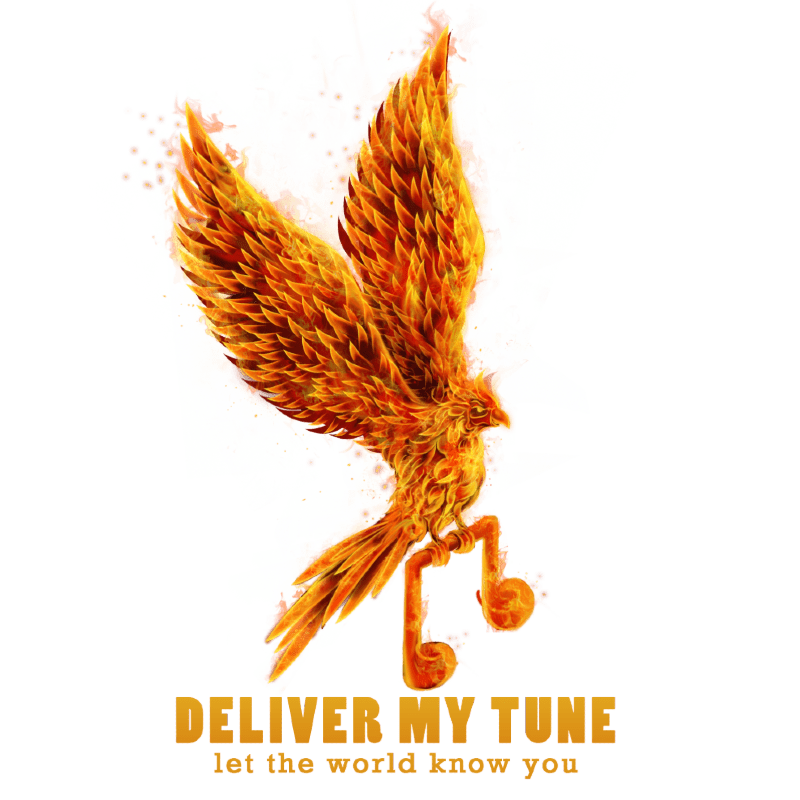






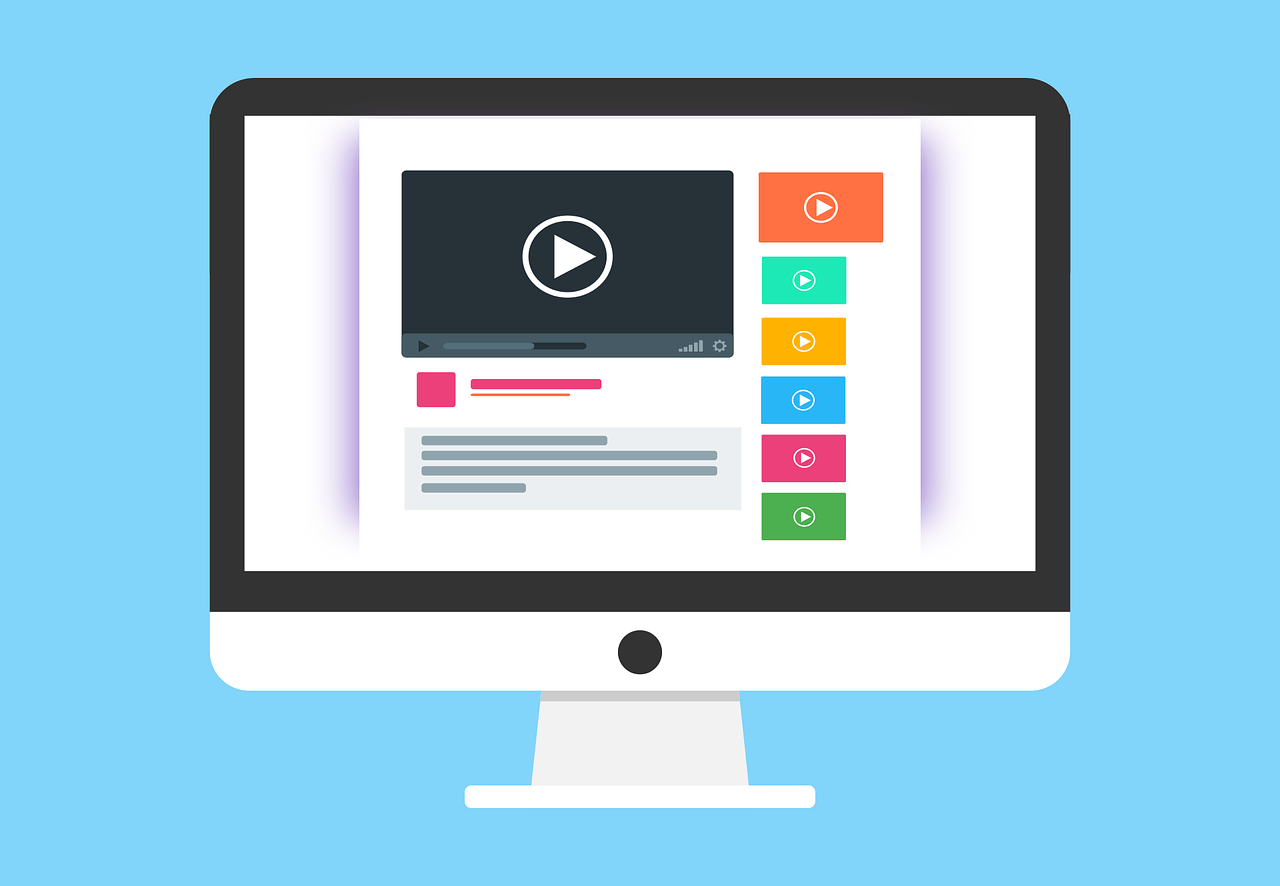
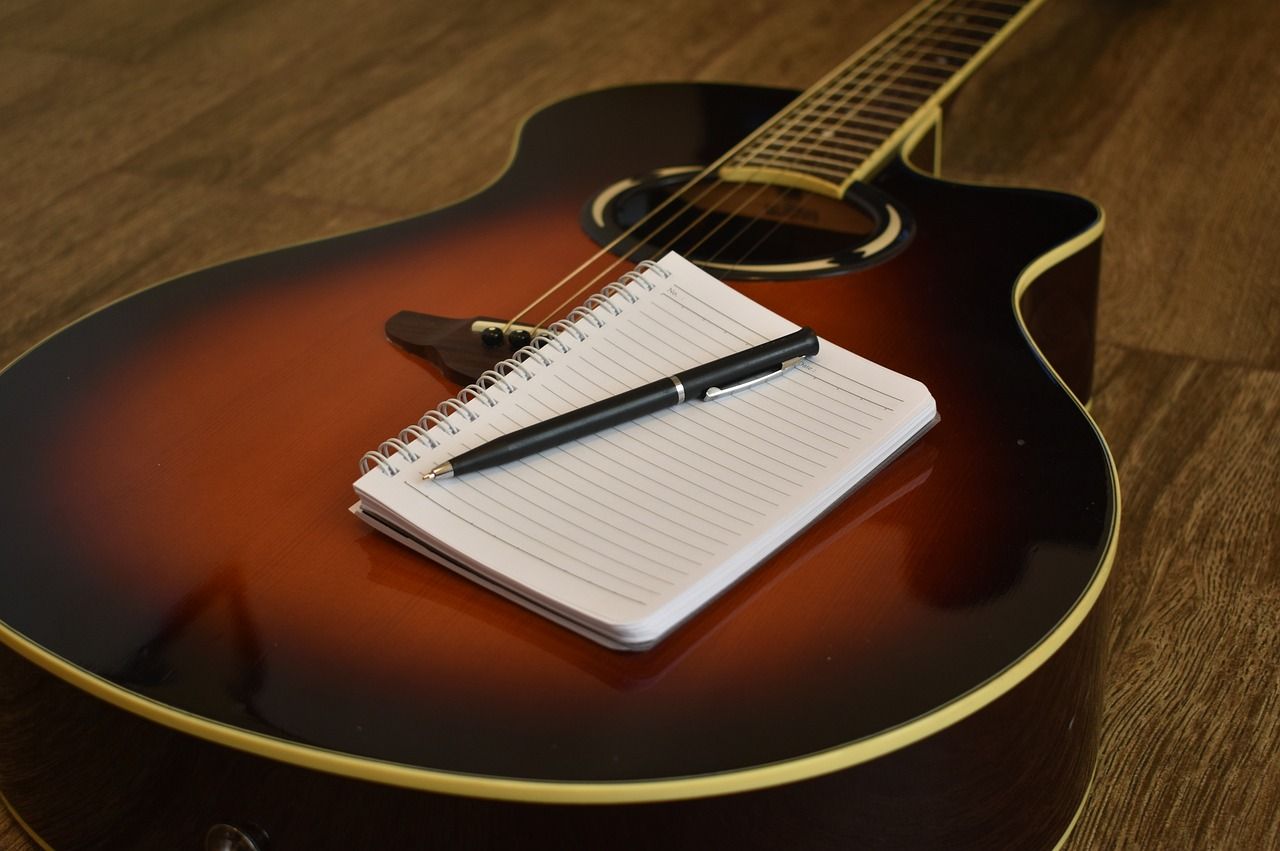

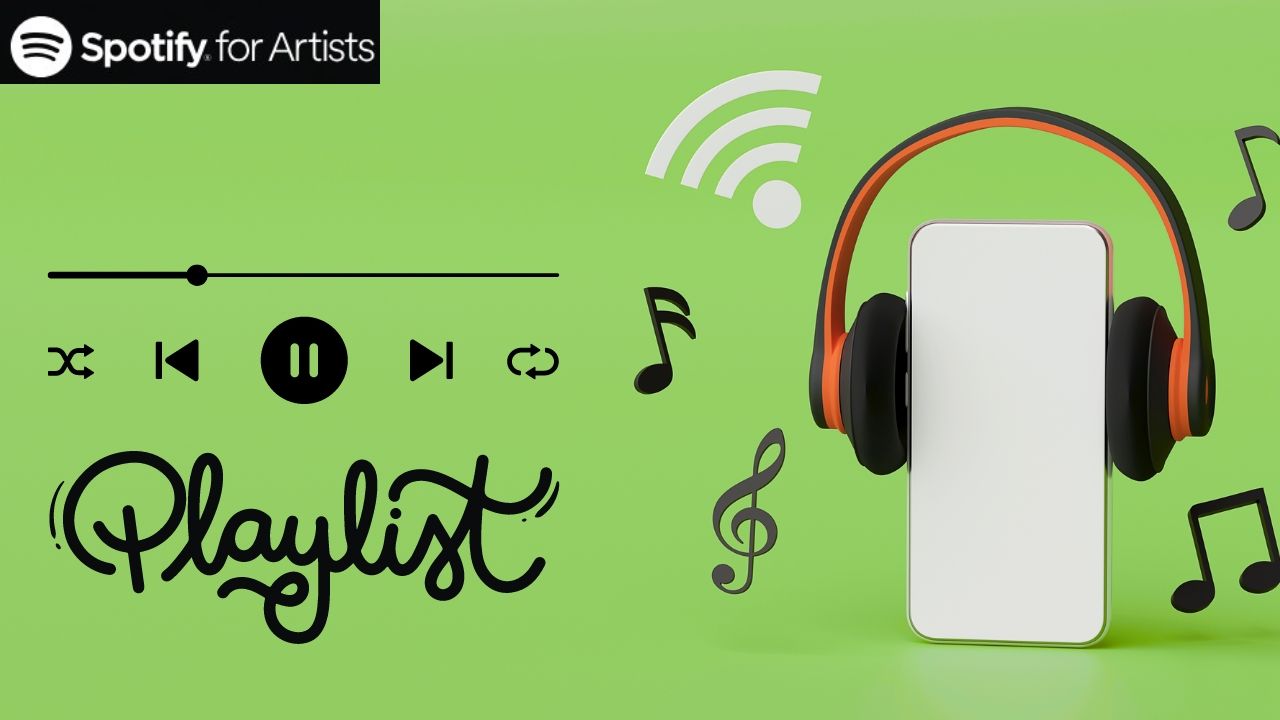
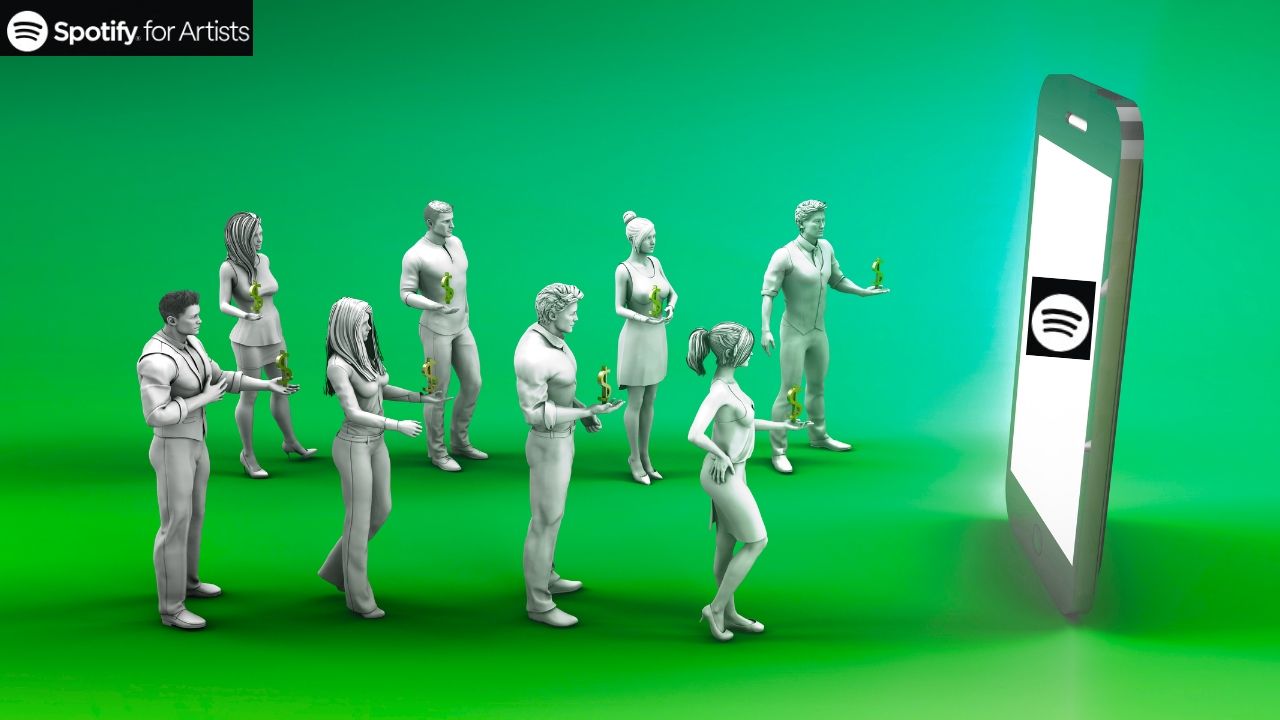
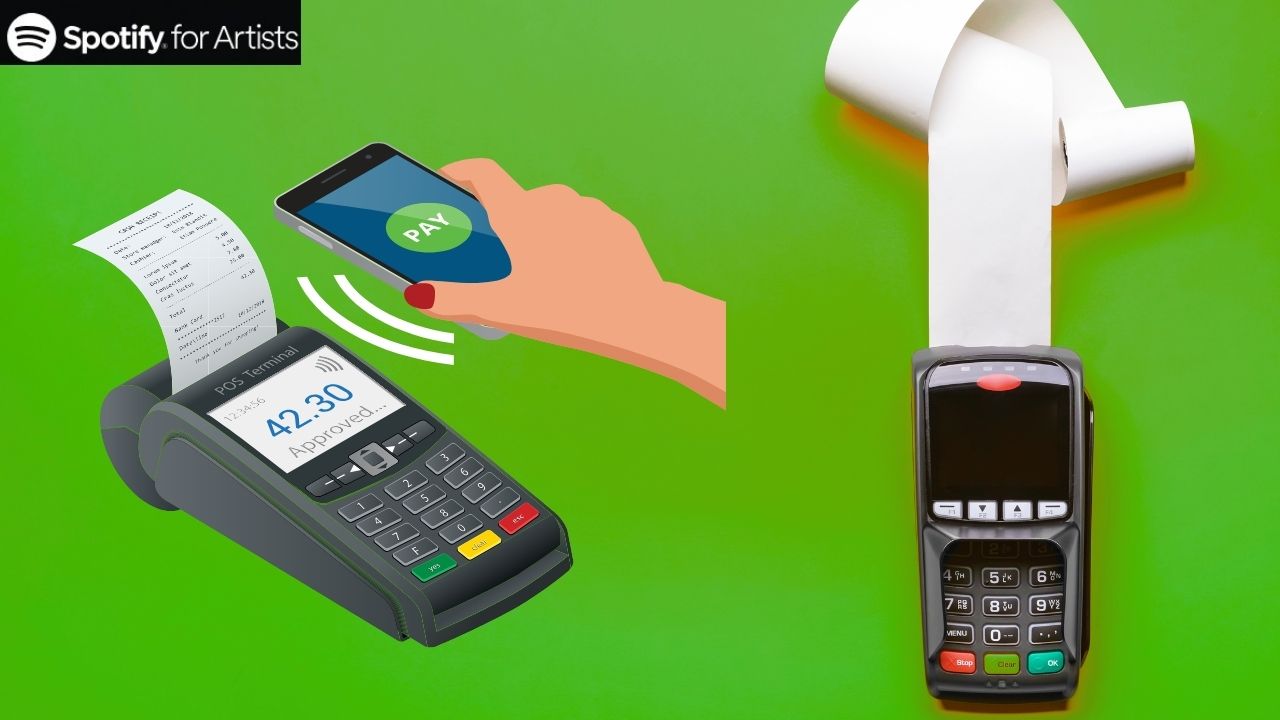

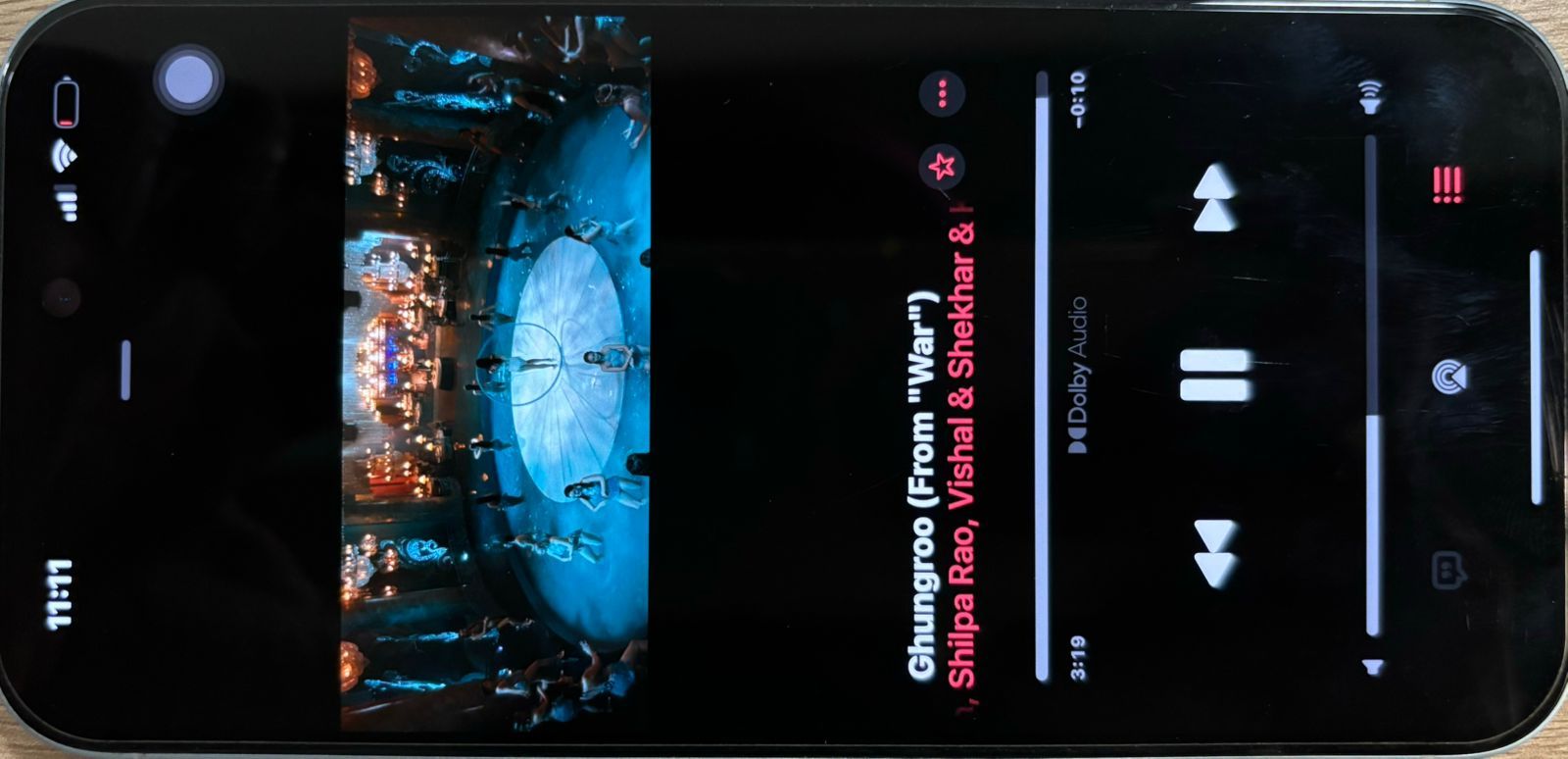

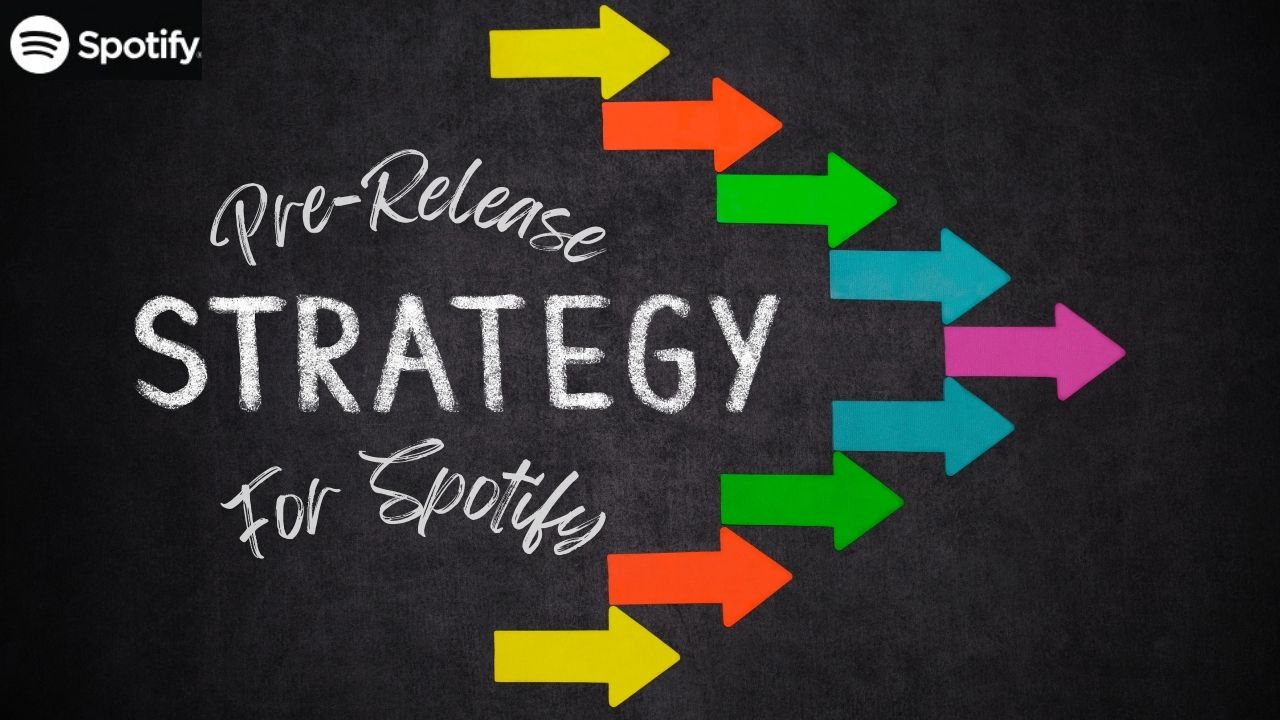





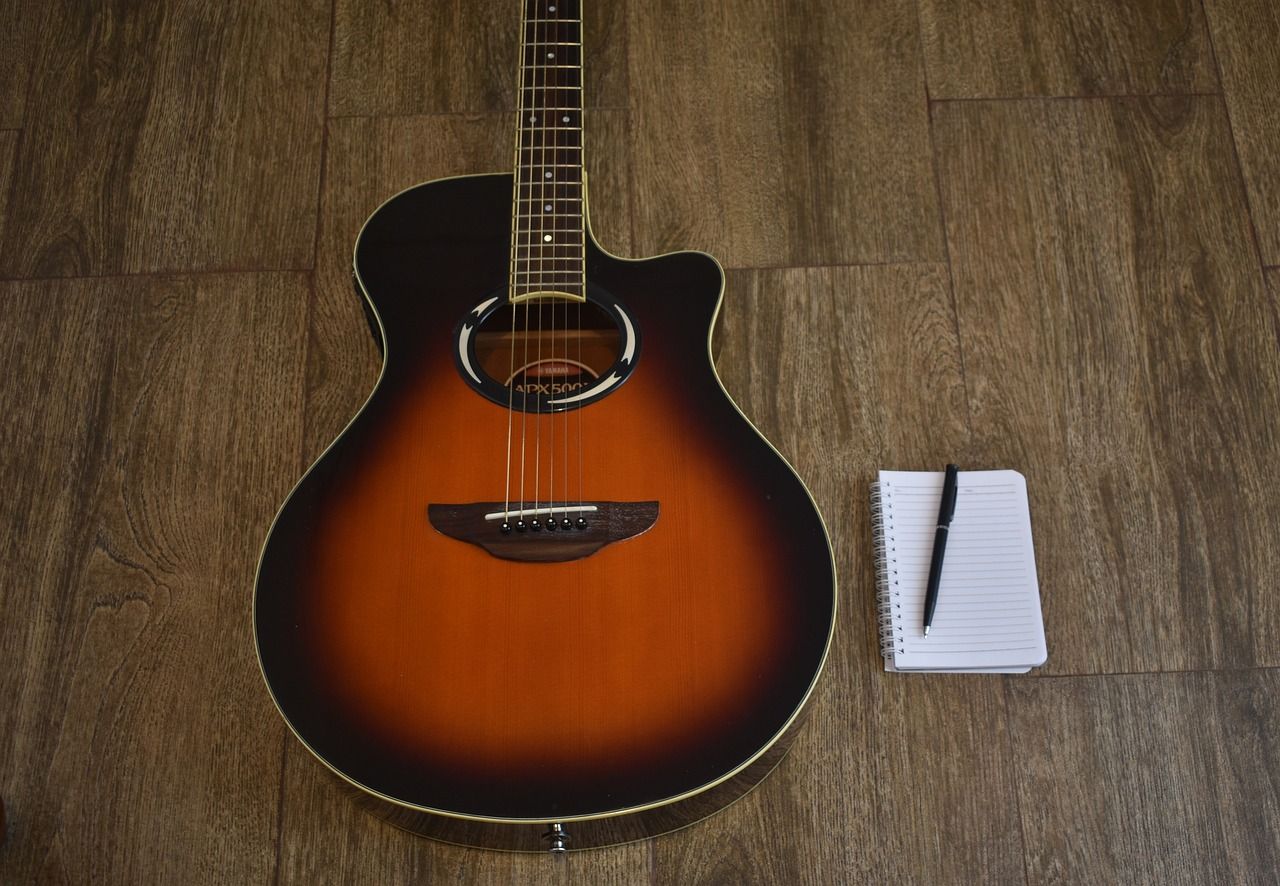
Leave a Reply